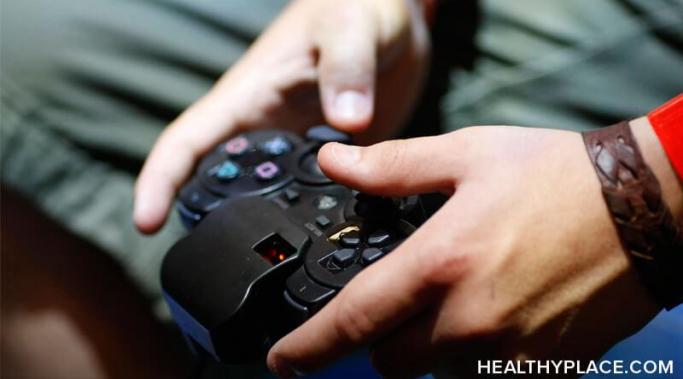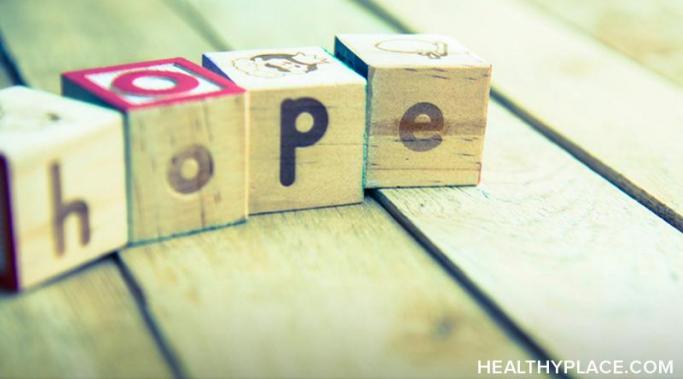They say distraction can be a useful tool for self-injury recovery—but do self-harm prevention games actually help?
Self-Harm Relapse
While it shouldn't be the only tool in your recovery toolbox, distraction can play a vital role in healing from self-harm. One option is to use games to distract you from self-harm urges.
Relapse is a possibility every self-harmer faces during recovery—but is it normal to miss hurting yourself once you get clean?
It's important, for a variety of reasons, to keep in touch with the events of the world around you. But what do you do when the news triggers your self-harm urges?
The road through self-harm recovery isn't always an easy path to walk, and it's often full of unexpected twists and detours.
Telling yourself to stop feeling guilty for self-harm is like trying not to think about pink elephants. It feels like you can't help it, and the harder you push it away, the tighter it seems to grip onto your gray matter. But believe it or not, you can move past guilt and finally begin to heal.
Self-harm recovery, in many ways, begins with intent. In order to stop hurting yourself, you first have to make a conscious decision to do so. That's the first difficult step; the next is figuring out how to keep that resolution once you've made it.
If thoughts of self-injury keep popping up unbidden, it's natural to wonder: what do thoughts of hurting yourself mean?
Recovering from self-injury isn't the kind of goal that you can check off a checklist and be done with it. Getting well is only the first step—staying well requires a self-harm prevention strategy that is both actionable and sustainable.
A self-harm mantra may not be the magical cure we wish it could be, but it can be a powerful tool to help you focus and stay motivated on the road to self-harm recovery. Here are a few ideas to help you choose or craft your own healing mantra.









